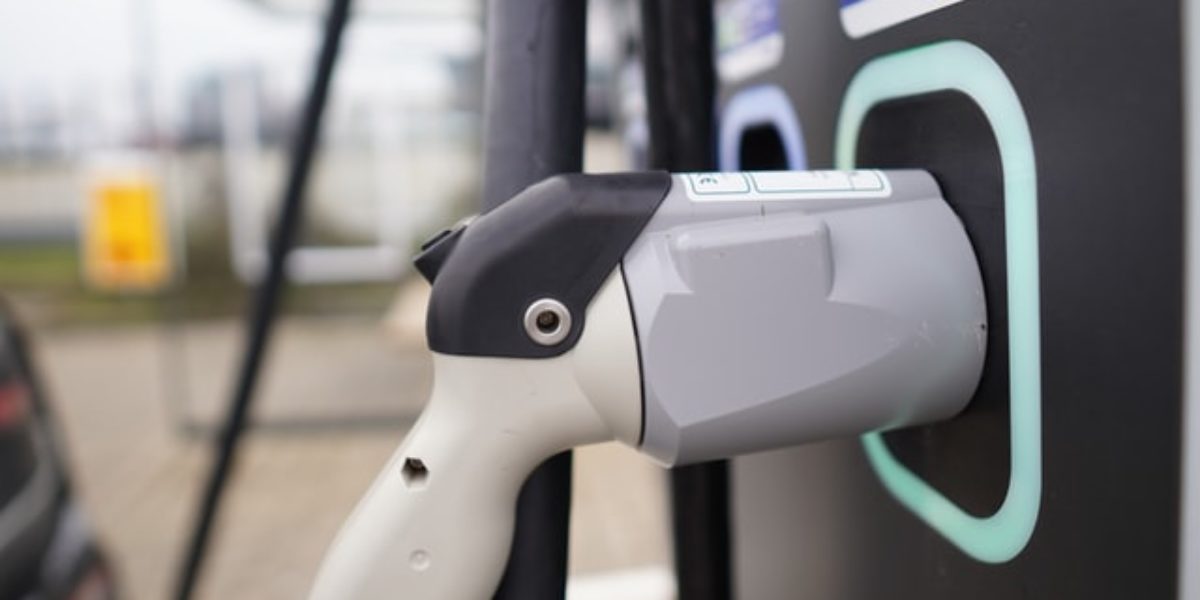Price of fuel charging EV demand
The rising cost of petrol and diesel is incentivising the move to electric vehicles
Two-thirds of motorists want to buy an electric vehicle (EV), with lower fuel bills a big incentive.
A survey, commissioned by Bridgestone, found that 67% of motorists intend to switch to an EV. Of that figure, 47% want to change to save on fuel bills, while 56% are sold by the environmental benefits of EVs.
Increasing appeal
There were 39,315 new battery electric vehicle registrations during March, according to the Society of Motor Manufacturers and Traders (SMMT). This compares to just 37,850 electric sales for the whole of 2019.
The survey did unearth some driver concerns about the EV switch, despite their appetite to make the change. Of the 2,000 respondents, 74% raised concerns at the initial cost of purchase, 66% also expressed worries about charging point infrastructure. Meanwhile, 29% had issues with insufficient range, an issue that until recently topped concerns.
Changing times
Bridgestone vice president Andrea Manenti says the survey offers a valuable insight into the general public’s view of electric vehicles.
“The results of this survey confirm that we’re undergoing huge change in the automotive industry, and that change is happening now. We were also reminded of some common concerns still associated with EVs, which we need to tackle as an industry.
“These concerns were insightful and we are already on our own journey at Bridgestone to address them.”
Bridgestone is developing its tyre technology to ensure that EVs can travel further between charges, while prolonging battery life. The company has also committed to install up to 3,500 new charging points across Europe over the next five years. New plans for the UK set to be announced shortly.
Positive future
EV leasing company, DriveElectric, predicts that registrations of new EVs will rise by more than 74% in 2022.
The figure is based on DriveElectric’s own forecasts and represents an increase to more than 330,000, from around 190,000 in 2021.
Meanwhile, the Government has opened consultation over a proposed EV mandate. It would demand at least half of all new cars sold in the UK emitted zero exhaust emissions by 2028.
Under the Department for Transport’s (DfT) proposed scheme, car and van manufacturers’ EV sales will be converted into ‘certificates’. These could then be traded between brands, with fines levied for OEMs failing to achieve specified certificate targets.





